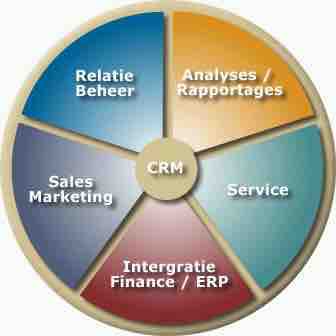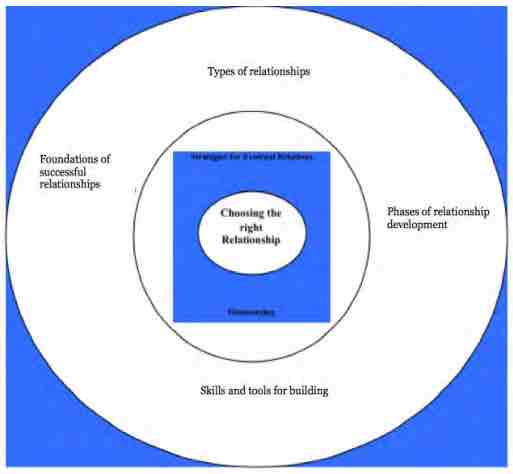Business Communication Defined
Business communication is used to promote a product, service, or organization; relay information within a business; or deal with legal and similar issues. It encompasses a variety of topics including: consumer behavior, advertising, public relations, corporate communication, research and measurement, reputation management, and event management. Business communication may also refer to internal communication: a communications director will typically manage internal communication and craft messages sent to employees. It is vital that internal communications are managed properly because a poorly crafted message could foster distrust or hostility among employees.
Failures of human communication can become amplified in professional settings. In business transactions, especially those involving large amounts of money, a small miscommunication can have devastating effects. For this reason, clarity is absolutely essential. Communication must be consistent, concise, and honest in order to ensure the intended message is received.
Barriers to Clarity in Business Communication
- Complex messages: The use of complex technical terms can result in a lack of clarity. The solution is to stick to the point by using clear and concise messages that are easy to understand.
- Withholding information: Within an organization, some information is kept confidential due to company policies. Make sure the information that is needed is readily available and easily accessible.
- Chain of command: The maintenance of an organization's hierarchy is essential, but its very presence can reduce the flow of the communication. It is therefore essential to reduce hierarchical levels and increase departmental interaction and communication.
- Lack of trust: The most important cause of a lack of communication within an organization is competition, which leads to a lack of trust among employees. Therefore, employees should share information, communicate openly and honestly, and involve others in decisions.
Customer Relationship Management
Customer relationship management (CRM) is a widely implemented model for managing a company's interactions with customers, clients, and sales prospects . It is needed because there are often multiple business associates that come into contact with a client. CRM involves using technology to organize, automate, and synchronize business processes—principally sales activities, but also those for marketing, customer service, and technical support. CRM helps everyone in a business stay on the same page and promotes clarity of communication with those outside the organization.

Customer relationship management (CRM)
Customer relationship management (CRM) is a widely implemented model for managing a company's interactions with customers, clients, and sales prospects.

Developing Relationships
Developing relationships is essential for the effective operation of a business, and clarity of communication is essential in developing relationships.